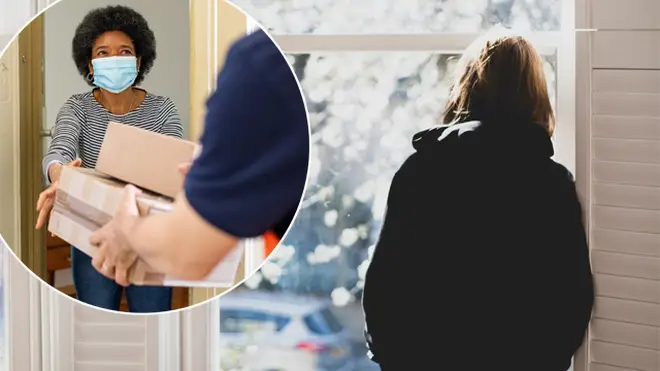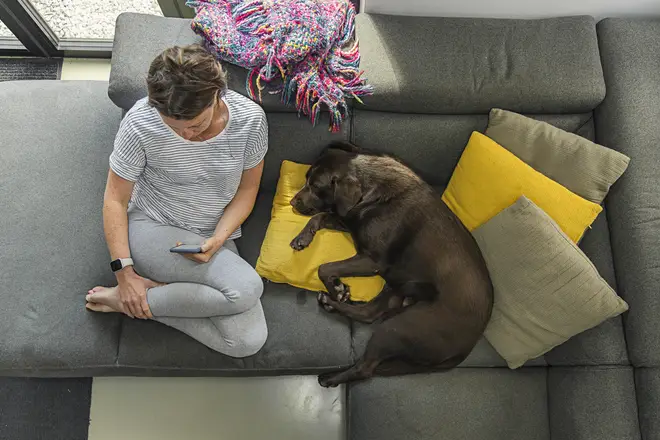On Air Now
Early Breakfast with Lindsey Russell 4am - 6:30am
22 December 2020, 07:57 | Updated: 22 December 2020, 08:34

The clinically extremely vulnerable in Tier 4 should follow shielding advice.
Following Boris Johnson’s announcement of tougher lockdown measures, the government has advised clinically extremely vulnerable people who live in Tier 4 in England to shield.
According to new information published by the Department of Health and Social Care (DHSC), this means they don’t have to go into work if they cannot do so from home.
They are also being advised to stay at home and only leave their homes for outdoor exercise or medical appointments.
Letters are currently being sent to the clinically vulnerable living in areas of southern England which moved into the toughest coronavirus lockdown tier on Sunday.

However, clinically extremely vulnerable people living in Tiers 1, 2 and 3 in England do not need to shield.
The clinically extremely vulnerable group includes people with suppressed immune systems or those suffering with specific conditions and respiratory conditions.
According to the government website, people with the following conditions are automatically deemed clinically extremely vulnerable:
- solid organ transplant recipients
- people with specific cancers:
- people with cancer who are undergoing active chemotherapy
- people with lung cancer who are undergoing radical radiotherapy
- people with cancers of the blood or bone marrow such as leukaemia, lymphoma or myeloma
- people having immunotherapy or other continuing antibody treatments for cancer
- people having other targeted cancer treatments that can affect the immune system, such as protein kinase inhibitors or PARP inhibitors
- people who have had bone marrow or stem cell transplants in the last 6 months or who are still taking immunosuppression drugs

Lorraine Kelly doesn't think we should cancel Christmas
- people with severe respiratory conditions including all cystic fibrosis, severe asthma and severe chronic obstructive pulmonary disease (COPD)
- people with rare diseases that significantly increase the risk of infections (such as severe combined immunodeficiency (SCID), homozygous sickle cell disease)
- people on immunosuppression therapies sufficient to significantly increase risk of infection
problems with your spleen, for example splenectomy (having your spleen removed)
- adults with Down’s syndrome
- adults on dialysis or with chronic kidney disease (stage 5)
- women who are pregnant with significant heart disease, congenital or acquired
- other people who have also been classed as clinically extremely vulnerable, based on clinical judgement and an assessment of their needs.
Now Read: Mental health resources for you and your loved ones